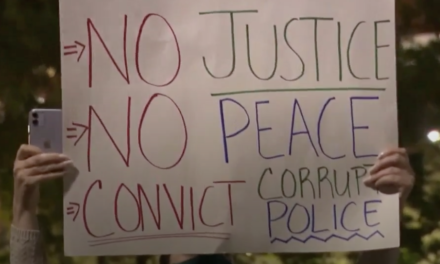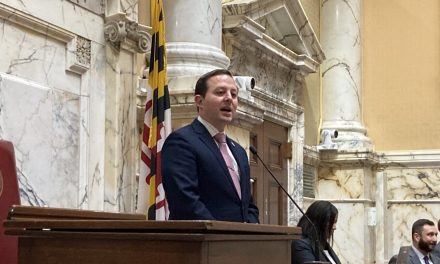By Megan Poinski
Megan@MarylandReporter.com
The budget wasn’t the only controversial issue debated and passed by the House of Delegates during its nearly six-hour session Friday.
Maintenance of effort changes passed
Controversial changes to the state’s maintenance of effort law for school funding passed on a mostly party-line vote of 93-44.
Dels. Barbara Frush and Joseline Pena-Melnyk, D-Prince George’s, were the only Democrats who voted against it. joining all the Republicans.
The maintenance of effort law requires that each county spend at least the same amount per student each year. The bill the House passed allows the state to take income tax revenue from counties that don’t contribute the amount they are required to, and provides more flexibility to counties that cannot meet the amount and are seeking waivers.
The bill also permits counties with property tax caps to exceed those caps if they need to raise more money.
Opponents felt that the new rules for maintenance of effort constituted an overreach of state powers and could force layoffs of other county workers, raids of county funds, and increased taxes.
“This bill is an affront to democracy. An affront to charter government,” said Del. Steve Schuh, R-Anne Arundel.
Del. Anne Kaiser, D-Montgomery, floor leader for the measure, said that the bill just provides more stability and predictability to the state’s school systems and ensures that they will remain well funded. Maryland’s commitment to fund its schools, she said, are the biggest reason the state has been recognized as having the nation’s best by Education Week magazine for four years running.
Del. John Bohanan, D-St. Mary’s, reiterated that the bill strengthens the priority that the state and its counties have in education funding.
“All this requires is that they keep up with us, that they stay in the same swim lane regarding the priority to fund education,” Bohanan said.
The bill has already passed the Senate, meaning it goes to Gov. Martin O’Malley for his signature.
Adam Mendelson, communications director for the Maryland State Education Association, said. “The passage of this bill is a big win for students, schools, and educators and very important for how we support our schools moving forward.”
Income tax increase cleared
A tax increase for people making more than $100,000 individually or married couples with taxable income of more than $150,000 passed the House of Delegates 81-56. Eleven Democrats joined all the Republicans in voting against it.
Minority Leader Tony O’Donnell, capitalizing on the fact that the increase was debated after the budget passed, said that this tax increase would force the people of Maryland to pay for the new spending.
“They’re the ones who are going to pay for all this flowery stuff,” O’Donnell said.
Majority Leader Kumar Barve disagreed. He said that the tax increase, projected to raise $191 million, only would apply to people who are the state’s top earners. In 22 of Maryland’s 24 jurisdictions, he said, 92% of residents wouldn’t be impacted by the increase.
“The vast majority of Marylanders are not going to be touched by this tax package,” Barve said.
The Senate passed a much larger tax increase package, increasing taxes .25% on most taxpayers. The differences will likely have to be resolved in a conference committee.
Nine counties would implement a stormwater fee
In a 90-48 vote, the House passed a bill that directs nine counties and Baltimore City to create a stormwater impact fee, with strong opposition from several Republicans. The revenues would go toward Chesapeake Bay cleanup and nitrogen removal.
Del. Michael Hough, R-Frederick, started the debate by shouting about the amount that his home county would be expected to raise with the fee. Hough said that in order to provide the money the U.S. Environmental Protection Agency says is needed to clean up the Bay, each household in his home county would have to contribute $22,000.
“This is completely ridiculous,” Hough said. “There is no way we are going to pay for this. This is the largest tax increase in the history of Maryland, right here, right now.”
Environmental Matters Committee Chairwoman Maggie McIntosh, D-Baltimore City, said that Hough’s estimate was off. The intent of the bill is not to charge new high fees – each county would be allowed to set its own fee and how to collect it.
“I just want some of the major metropolitan communities to start swimming,” McIntosh said, picking up Bohanan’s metaphor from the maintenance of effort debate. “We want them to be our partner on these issues.”
A bill that would double the “flush tax” from $30 to $60 also passed the House on Friday without debate.






Recent Comments